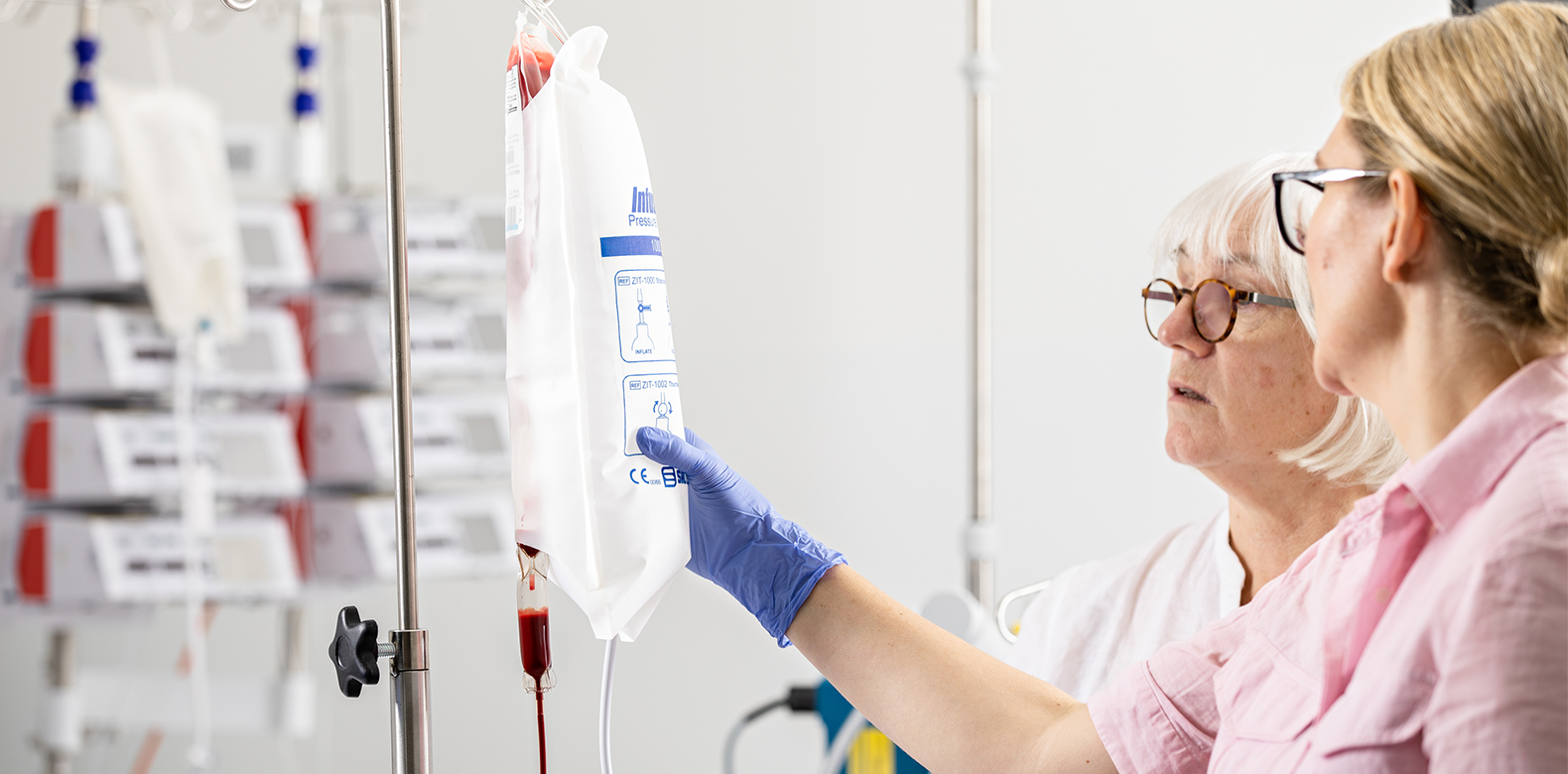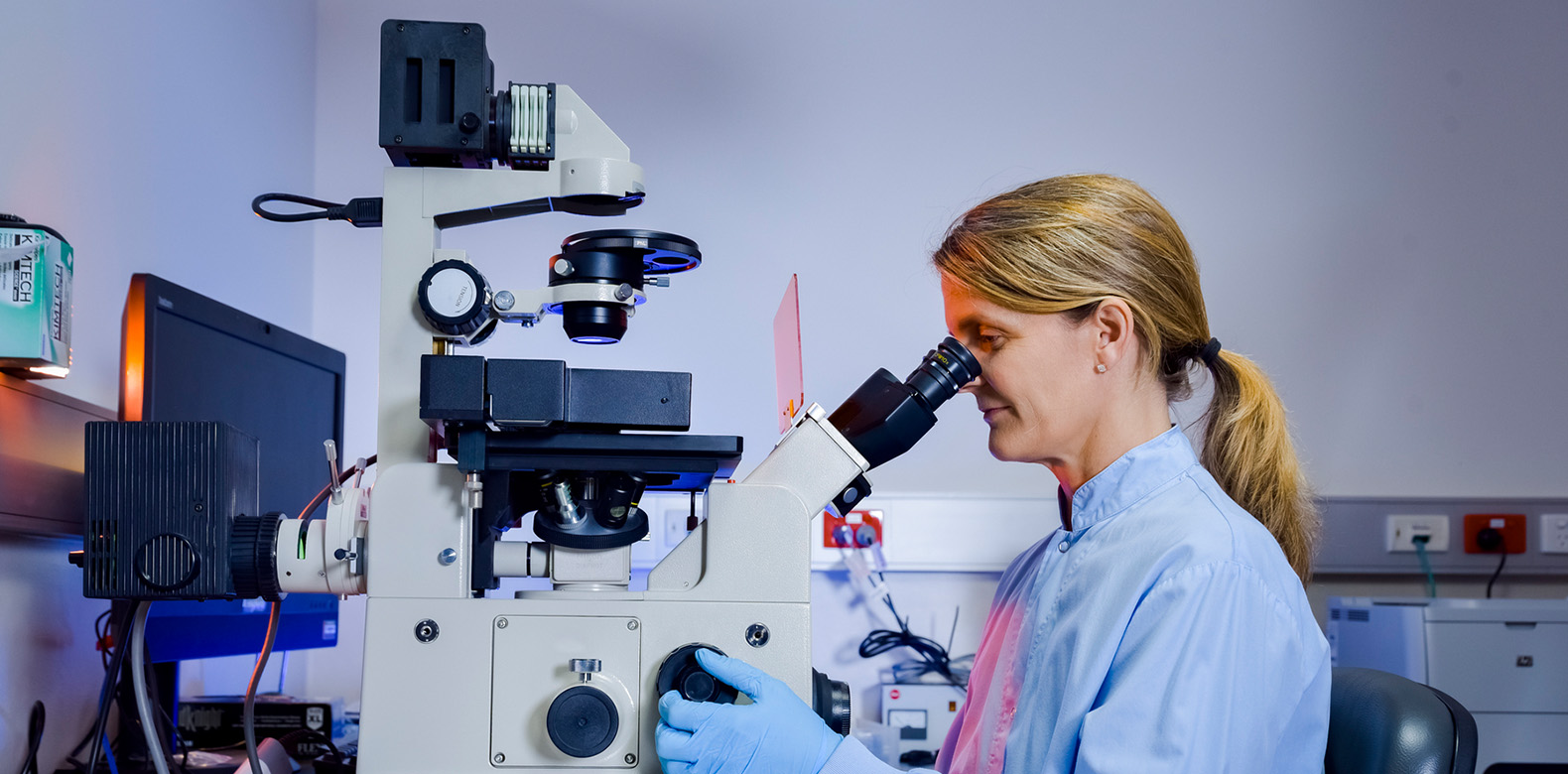We're now offering even more opportunities for health professionals working in the area of transfusion to improve their knowledge of blood, various workplace settings and associated roles and responsibilities, to support safe transfusion practice.
These new microcredentials and microlearnings are designed to complement our annual education calendar of transfusion webinars and events which can be found at Transfusion Online Learning.
The role of a transfusion practitioner (TP) can apply to a number of different titles, including transfusion nurse consultants, patient blood management coordinators, and blood safety officers.
These microcredentials are ideal if you're new to transfusion - or looking to secure a role - and for existing health professionals who have identified gaps in their skills or knowledge.
Each module is tailored to suit the needs of healthcare professionals in developing or improving knowledge in the transfusion practice setting.
Modules
Foundation knowledge
Module 1
Explore the day-to-day activities of the TP, become familiar with the common terminology used, and the interactions between the TP and internal health professionals and external health organisations
Module 2
Refresh your blood physiology knowledge, including the function of blood and the role of cellular and non-cellular components, which is an essential foundation for TP practice and education.
Module 3
Did you know that haemovigilance begins with the donor? Discover the steps Lifeblood takes to have one of the safest blood supplies in the world and learn the attributes of blood components and their clinical indications.
The transfusion practitioner role in safe and appropriate transfusion practice
Module 4
This will take you through the best practice in patient blood management (PBM), with guidelines and resources to support appropriate transfusion and ensure informed consent, and what this means for the TP.
Coming soon
Module 5
Taking you step by step through the transfusion process so you can champion education, provide resources, and develop or update relevant polices and procedures, to support safe transfusion practice in your health organisation.
Coming soon
Module 6
Learn how to monitor, identify, treat, and follow up transfusion adverse events and get to know what's involved in reporting, investigating and analysing these adverse events if they happen in your clinical setting.
Coming soon
The transfusion laboratory essentials modules have been developed to help new scientists and those returning to the workforce feel safe and confident in their role in a transfusion laboratory.
These microlearnings are intended to complement your mandatory laboratory training programs
There'll be 12 self-paced and interactive modules in total, which we hope will offer an enjoyable way to learn and explore relevant topics.
Modules
Module 1
Establish your role within the transfusion process by finding out who key members of the transfusion team are, both in and outside the laboratory. Explore the pivotal role of Lifeblood and the regulatory framework that keeps blood and blood products safe within Australia.
Module 2
An introduction into the world of immunohaematology where we'll discuss the principles of red cell agglutination and a Group and screen. These tests are essential to provide patients with safe and compatible blood for transfusion.
Module 3
Making sure the patient's pretransfusion sample is labelled correctly is vital, so you need to know the mandatory requirements for pretransfusion specimen labelling and request form requirements. And then we'll put you to the test.
Module 4
We'll focus on the two most important blood group systems, the ABO and Rh system before exploring other blood groups that are associated with clinically significant red cell antibodies. You'll need to identify these to provide compatible blood for transfusions.
Coming soon
Module 5
Identify ABO and Rh discrepancies while performing routine Group and antibody screens in the laboratory. We'll outline how and why they occur in certain patient populations and give you the knowledge to approach how to effectively investigate and resolve them.
Coming soon
Module 6
Explore the principles behind antibody investigations, including antibody investigation, patient phenotyping, and the direct antiglobulin test (DAT). Learn how to identify an antibody in the patient's plasma and watch exclusions being performed.
Coming soon





